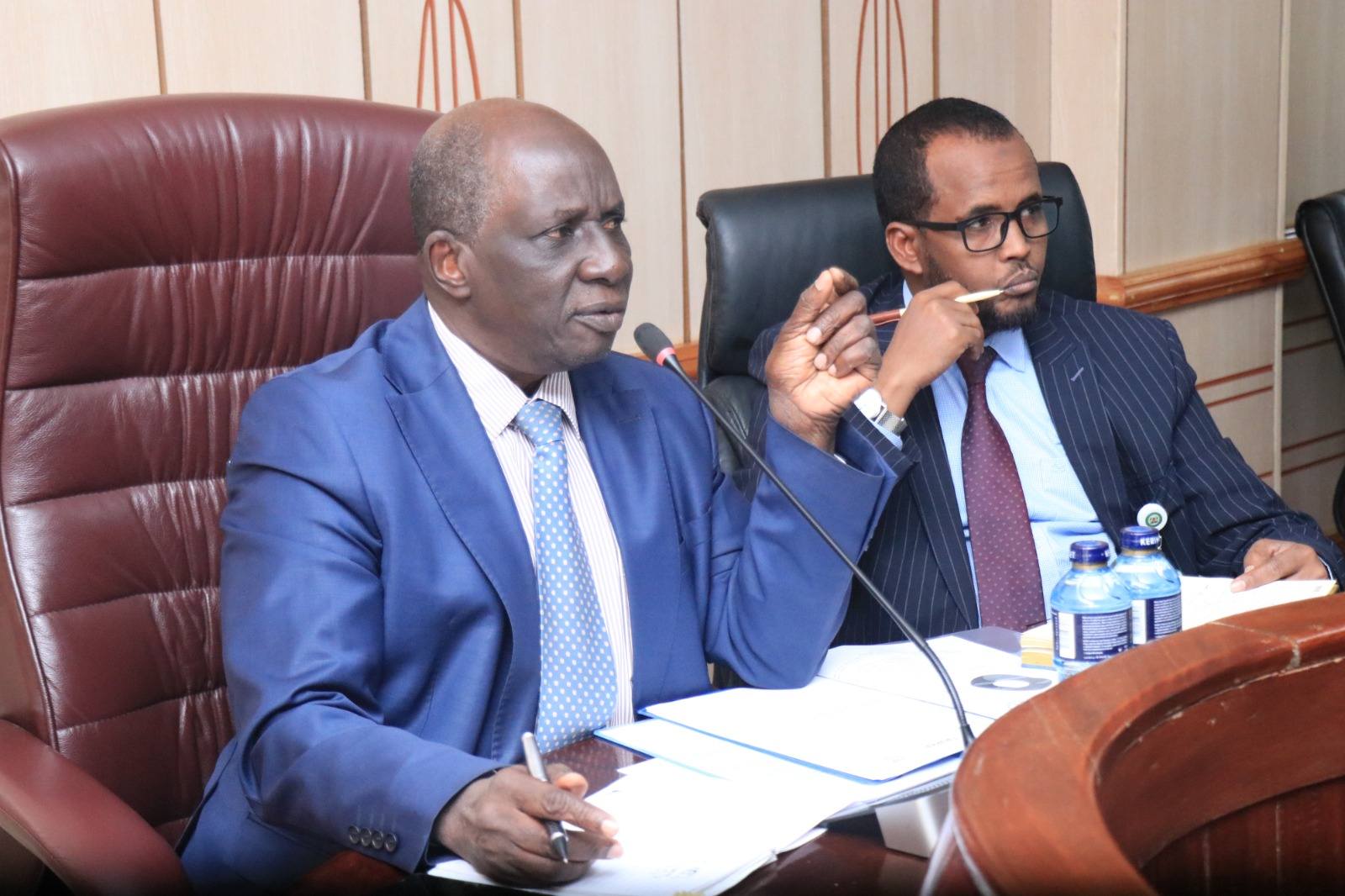Kenya is taking a major step toward formally recognising traditional and alternative medicine through a new bill that proposes a legal framework for its regulation, research, and integration into the national healthcare system.
The Kenya Medical Research Institute Bill, 2025, tabled by Health Committee chair James Nyikal, aims to bring order to a sector that has remained largely unregulated despite widespread use of herbal treatments—particularly for non-communicable diseases.
The proposed legislation seeks to anchor the role of traditional medicine as a complementary part of healthcare, introducing measures to enhance quality, safety, and accountability.
According to the Bill, “The government shall recognise and integrate traditional medicine in a manner that complements the conventional healthcare system.”
If enacted, the law would grant the Kenya Medical Research Institute (Kemri) expanded powers to spearhead research into the safety and effectiveness of traditional remedies through scientific methods such as biochemical and clinical trials. This would ensure that herbal products meet both national and international safety standards before reaching the public.
Nyikal, who represents Seme constituency, said the legislation is meant to close a long-standing gap in the regulation of traditional medicine.
“It is a way to encourage the use and integration of traditional and alternative medicine products in the healthcare system in the country,” he said in the memorandum attached to the Bill.
Under the proposed law, Kemri would be responsible for assisting regulatory bodies in setting and enforcing quality assurance standards, monitoring the market, and curbing false or misleading claims about herbal products.
It would also regulate labelling, advertising, and marketing practices, with steep penalties for those who flout the rules.
False claims about the healing power of traditional remedies, the use of unauthorised substances in herbal products, or selling treatments without scientific backing would be criminalised. Offenders would face fines of up to Sh3 million or prison sentences of up to three years.
Manufacturing or distributing herbal medicine in unhygienic conditions would also be an offence.
The Bill proposes the creation of a national database to record verified traditional knowledge, both to prevent biopiracy and to ensure that local communities benefit from the use of their medicinal heritage.
Nyikal said the current legal framework, based on the Kemri Institute Order of 2021, is too weak to support these new responsibilities.
“Kemri is currently established through a legal order, hence it has an inadequate legal framework. The Bill, therefore, redresses this by providing an elaborate legal framework,” he explained.
Beyond traditional medicine, the Bill expands Kemri’s role to include advanced biomedical research and oversight of clinical trials, especially during public health emergencies.
The institute would also be tasked with managing biobanks and intellectual property linked to research findings, ensuring Kenya retains ownership of innovations in the sector.
The proposed law mirrors global trends, with countries like China and India having already formalised the integration of traditional medicine into their healthcare systems.
It also aligns with guidelines from the World Health Organization, which supports integrative healthcare especially in rural and underserved areas.
A key provision in the Bill is the establishment of a Scientific and Ethics Review unit within Kemri. This unit would house disciplinary committees to uphold ethical standards in research and product development.
In addition, Kemri would be required to create programmes that build the skills of traditional medicine practitioners, herbal product developers and healthcare professionals.
It would also work closely with the National Commission for Science, Technology and Innovation (Nacosti), and serve as the lead agency for all human health research and related approvals.
